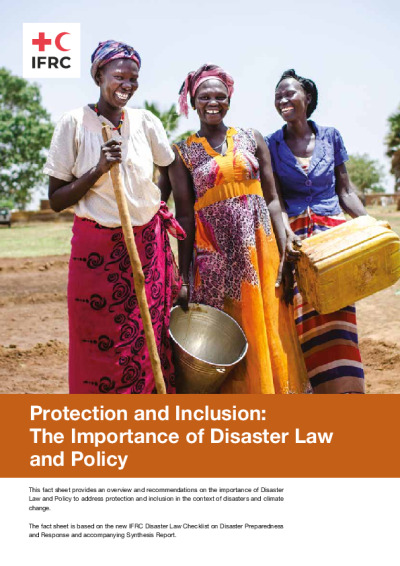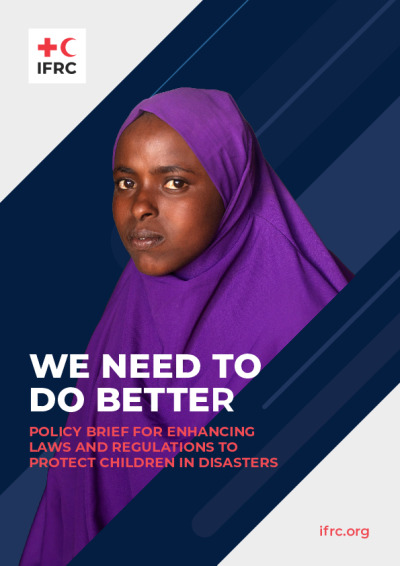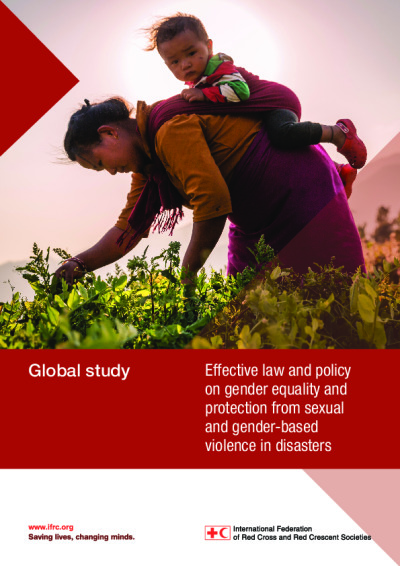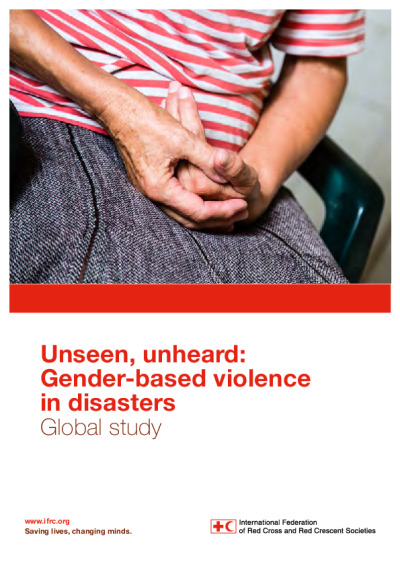Disasters discriminate. Women, children, older people, people with disabilities and many other groups may be disproportionately impacted by disasters, climate change and public health emergencies. They may be left behind in humanitarian response and left out of decision-making that affects them.
The Sendai Framework for Disaster Risk Reduction 2015-2030 calls for a people-centred, inclusive and non-discriminatory approach to disaster risk reduction that pays special attention to people disproportionately affected by disasters. It specifically notes the importance of involving these groups in the design and implementation of policies, plans and standards.
IFRC Disaster Law works with Red Cross and Red Crescent National Societies and governmental authorities to ensure that laws and policies relating to disasters and climate change consider the needs of the most vulnerable people and provide opportunities for community engagement and inclusive decision making.
IFRC Disaster Law's research on the protection and inclusion of vulnerable people in disaster laws, policies and plans is world-leading. Our comprehensive recommendations on the protection and inclusion of vulnerable groups are presented in our Disaster Risk Governance Guidelines.



